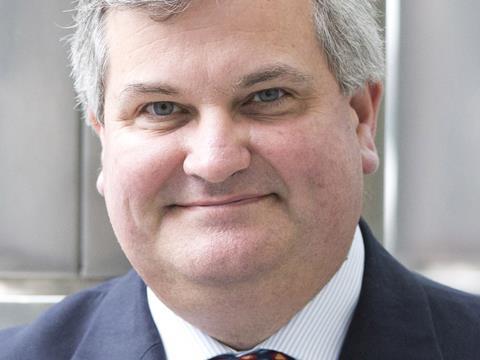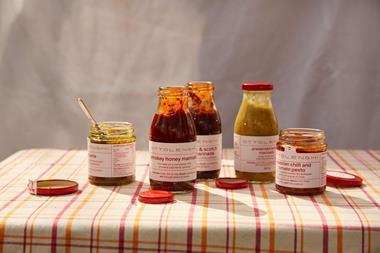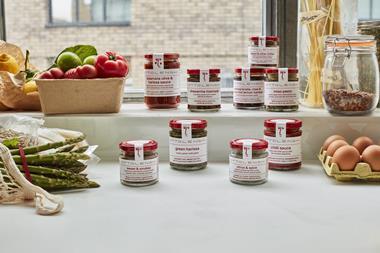6
Ronny Gottschlich
UK MD, Lidl
Last ranked: 36
Lidl has had a brilliant year on all fronts. It’s continued to revamp existing stores and open new ones, and is enjoying soaring sales, up 15.1% at last count, as it courts the middle classes with a vastly increased range of Deluxe goodies.
In catching up with Aldi, Gottschlich has also given free rein to a savvy and creative marketing department. It’s deployed earned and social media to great effect, with ads in stores and in papers, as well as skewering rivals – not least in a memorable riposte to Morrisons’ Match & More. Gottschlich also splashed out on a more conventional, but no less well received, ad campaign.
7
Mark Price
MD, Waitrose
Last ranked: 8

While his contemporaries at the big four prepare themselves for another year battling the discounters, Price has clearly made a virtue of his upmarket position. “We want to be everything the discounters are not,” he says.
Waitrose customers are lapping it up: look no further than strong sales of Heston Blumenthal’s deluxe desserts over Christmas. Indeed festive trading figures – clocking up sales (excluding fuel) of £728m for the five weeks ending 3 January 2015, a year-on-year jump of 7% – are even more impressive against the haemorrhaging sales reported by his big four rivals.
Substantial growth in its online sales also shows Price is taking e-commerce seriously, with a new 80,000 sq ft bespoke dotcom fulfilment centre in Surrey opening in March. But you’ve also got to credit Price for simple tricks that keep customers on side: following on from the success of Waitrose Essential, he’s introduced free tea and coffee in conjunction with a simple loyalty card.
The one concern (apart from ongoing tensions with Ocado) must be Tesco. Can it afford to keep matching its prices as Dave Lewis sharpens his pencil?
8
Charles Wilson
Booker CEO
Last ranked: 7
Wilson has his finger on the pulse, typified by the introduction of his new Family Shopper fascia, a cross between a discounter and a supermarket but with the location and opening hours of a c-store. He plans to grow the estate to 400 inside four years.
Elsewhere, foodservice is growing, Premier continues to thrive (with over 3,000 stores), while Booker posted positive third-quarter like-for-like sales growth in January and overtook P&H to become the UK’s biggest wholesaler. And while sales at newly acquired Makro were down 6.5% as it exited loss making categories, it’s back in profit after losing money for years.
9
Richard Cousins
CEO, Compass
Last ranked: 11
Compass isn’t a grocer, but when it comes to food and drink, there are few players more powerful than Cousins.
With strong growth in emerging markets and the US, Compass Group profits before tax jumped 5.4% to £1.15bn in 2014, despite the strong pound.
Conditions in its European and Japanese markets have also improved. And Compass pledged to remove 50 million calories from meals by 2020 to fight obesity.
A sign of how highly Cousins is regarded was the 8.3% bounce back in Tesco shares after he became a non-executive director in October (though he’s ruled himself out of the chairman’s job).
10
Mike Coupe
CEO, Sainsbury’s
Last ranked: 27
Coupe’s promotion to CEO last summer was unanimously welcomed, but his timing couldn’t have been worse.
With his predecessor leaving ‘Justin’ time, the inevitable comparisons between Man Utd managers were drawn when in his first quarter like-for-like sales slumped 2.8%.
The negative numbers have continued. In November, Coupe unveiled plans to cut back on store openings, make the most of underutilised space in larger stores, and continue to invest in price.
JS has also dropped Tesco from Brand Match, will halve Nectar reward values from April, and is making 500 office-based redundancies.



















No comments yet